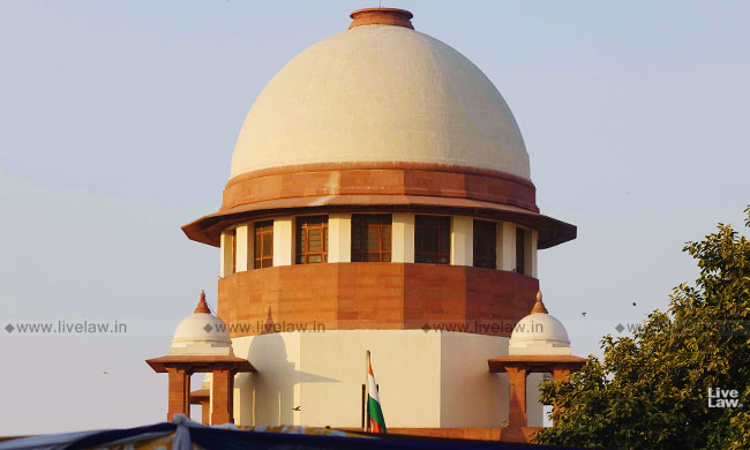SC To Hear Pleas Challenging Electoral Bonds Scheme On April 2
LIVELAW NEWS NETWORK
26 March 2019 7:44 PM IST

Next Story
26 March 2019 7:44 PM IST
The Supreme Court today adjourned the hearing of a batch of petitions challenging the scheme of electoral bonds for April 2.CJI Ranjan Gogoi said that the court will not be able to hear the case today and ordered the listing of cases before an appropriate bench on April 2. The CJI indicated that the matter will be listed before another bench as the CJI is sitting in constitution bench...
